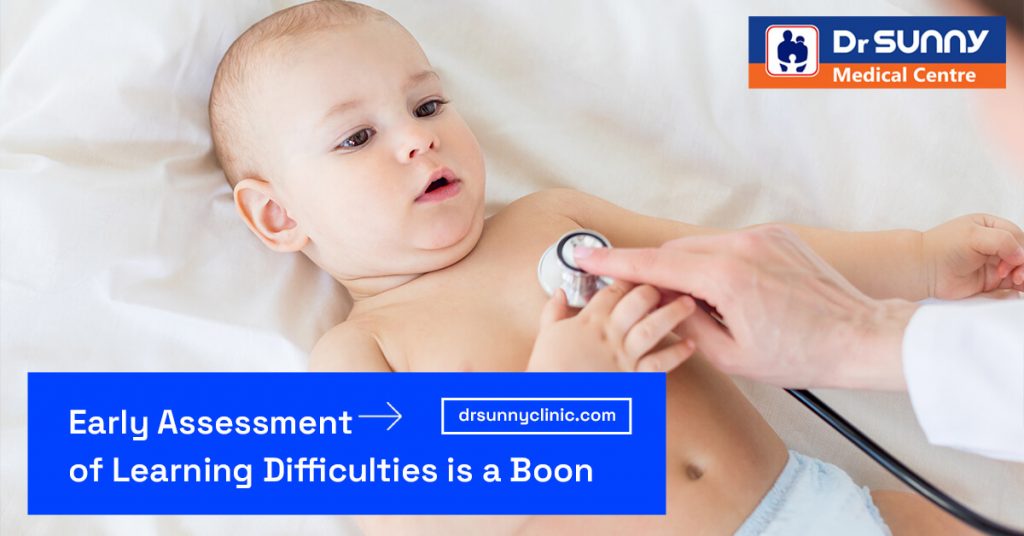
Early Assessment of Learning Difficulties is a Boon
Does your child mix up or reverse letters while reading or has difficulty in focusing on work or paying attention in class? If these problems sound familiar then it is essential for you to find out what is happening with your child’s learning skill as early as possible by consulting a pediatrician. Your child may be having learning difficulties including Dyslexia (difficulty with reading), Dysgraphia (difficulty with written expression), Dyscalculia (difficulty with Mathematics), AD/HD (difficulty with memorizing or paying attention).
Early detection of the learning difficulties can help in improving the learning capability of children from the very beginning. The teachers and parents can get the right learning strategies after consulting their child’s doctor that will be specifically tailor made to each child’s specific strengths and weaknesses. Most education experts recommend a full learning assessment as the first step towards helping the child to reach their full learning potential.
What does a full learning assessment involve?
The learning test will vary according to the issues faced by the child and his/her age. Few basic practices include:
- An initial review of the child’s learning history
- Standardized cognitive testing (thinking & reasoning ability): This identifies any underlying issue with key skills such as processing speed, auditory processing, verbal learning issues and non-verbal learning issues.
- Standardized achievement testing (includes academic skills): This test measures the abilities in key academic area such as reading, writing, spelling, mathematics or oral language.
- Detailed assessment report with a clear summary and diagnostic opinion.
- Specific learning recommendations for school and home
- Comprehensive parent feedback session to answer their queries
With right learning strategies and support in place since the beginning, positive results can be achieved and maintained over a long term. Early action also reduces emotional problems associated with school performance such as failure, anxiety and depression. The information can enable parents to make more informed decisions related to their child’s education.
pediatrician
